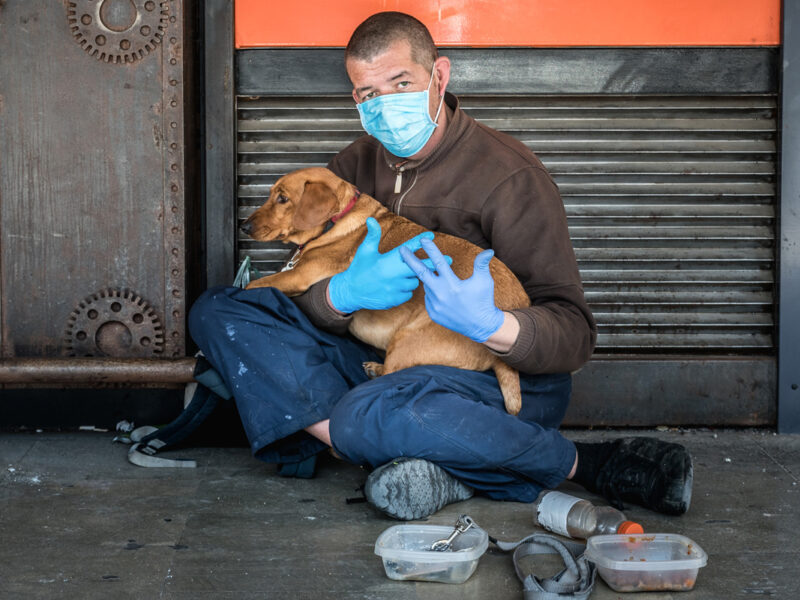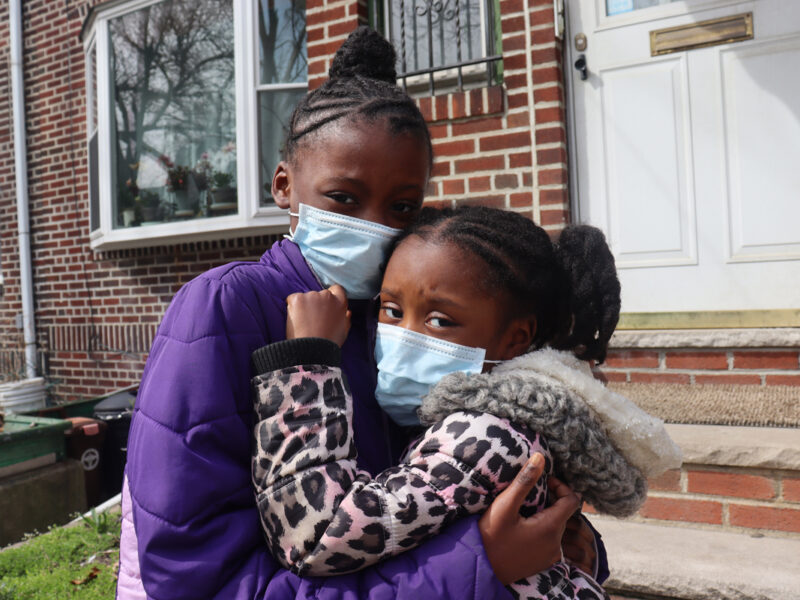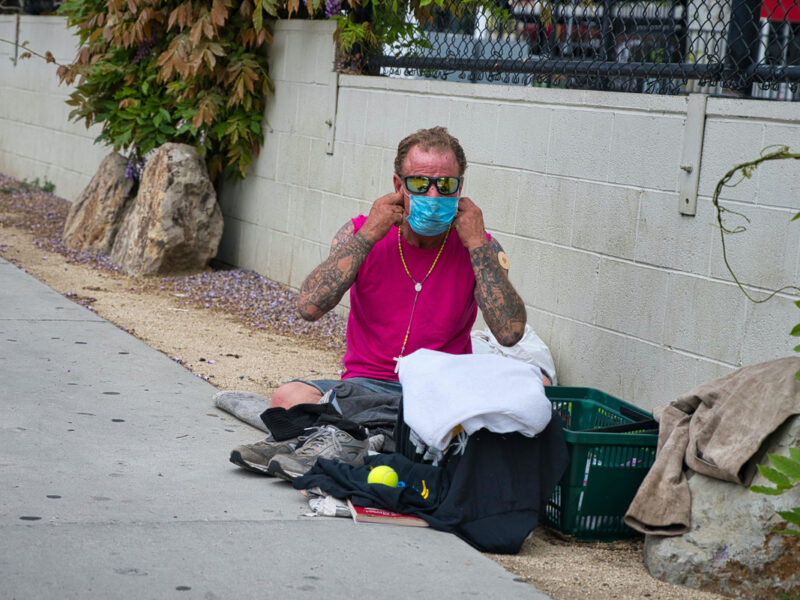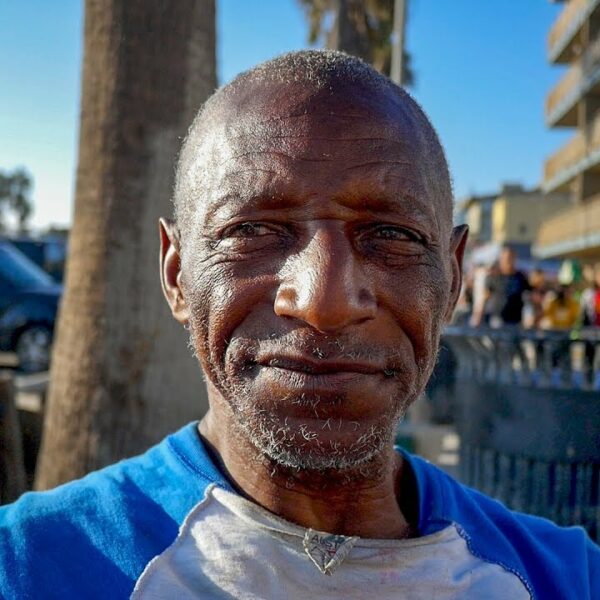The Centers for Disease Control and Prevention, National Health Care for the Homeless Council, National Homelessness Law Center and the National Low Income Housing Coalition offer some steps to help people experiencing homelessness or at risk of becoming homeless during the COVID-19 pandemic:
Programs:
- Offer private beds and bathrooms to homeless people when possible (however, as the National Health Care for the Homeless Council notes, care should be taken to ensure that the process of isolation is not traumatizing). Some states have housed people in hotels.
- California established Project Roomkey to help provide hotel rooms for people experiencing homelessness. While the program demonstrated that governments can quickly take actions to end homelessness, it ran out of funding.
- According to a WBUR article, some Boston-area shelters used empty college and university dorms to provide shelter.
- Services should try to stay open, not turn anyone away, and not require abstinence
- Try to find additional shelter sites
- House people who are most at risk of the virus first
- Develop transportation protocols to ensure that people have access to health care
- Ensure that people experiencing homelessness have access to information about emergency cash assistance
- Establish policies around staff well-being, including:
- Coordination of personal protective equipment (PPE)
- Adequate staff training
- Contingency plans for when staff are absent
- Minimalization of client contact among staff members who are most at risk of the virus
- Access to stress and coping resources
- Hand washing
- Minimal contact with client belongings
- Laundering of staff clothes
- Masks and face coverings
- Use text messaging as a way to communicate with people experiencing homelessness
- Ensure that information is accessible in a variety of languages
- Ensure adequate testing and screening
Communities:
- Increase access to hygienic facilities for people experiencing homelessness
- Develop safe parking facilities: some areas are using state parks as temporary encampment grounds, and some cities are setting up temporary tent cities
- Ban encampment clearings, vehicle ticketing, and impoundment
- Decrease criminalization of homelessness (for more information, click here)
- Schools should ensure the safety of students during shutdowns
- Schools (including colleges and universities) should ensure that students have adequate access to food.
- There should be an increase of housing vouchers for students experiencing homelessness.
- When collecting data, ensure that race and ethnicities are specified (Click for more information on testing)
- Place moratoriums on eviction, rent, and foreclosure proceedings
- Offer access to paid sick and family medical leave
- Offer hazard pay to frontline workers
- Reduce jail and prison populations to prevent the spread of the virus in crowded conditions
- Ensure that cash relief programs reach people experiencing homelessness
- Establish community-wide planning to best meet the needs of individuals and families experiencing homelessness
- Offer incentives to landlords to rent to people experiencing homelessness
In addition, the National Alliance to End Homelessness, Center on Budget and Policy Priorities, National Low Income Housing Coalition, and National Health Care for the Homeless Council have developed The Framework for an Equitable COVID-19 Homelessness Response. This offers suggestions for immediate, short-term, long-term, and longer-term actions for unsheltered people, shelter, housing, prevention and diversion, and strengthening systems for the future.












